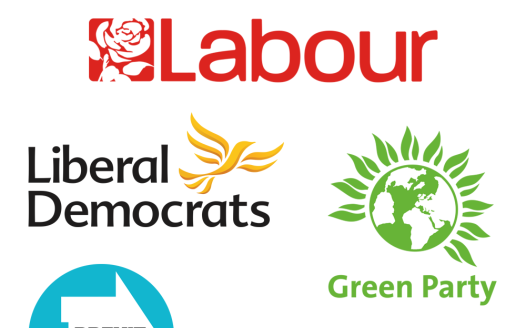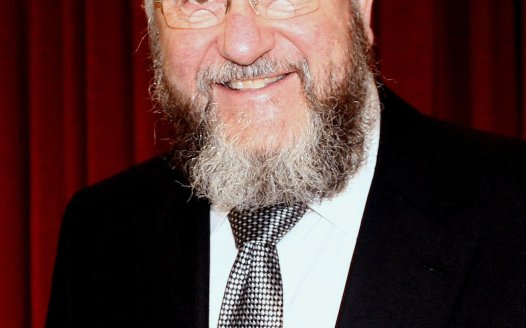NSS calls on Parliament not to ignore religious infringement on children’s rights
Posted: Mon, 10th Oct 2016
In a submission to the Joint Committee on Human Rights, the National Secular Society warned that religion's role in state education is impeding the rights and freedoms of children and young people growing up in the UK.
In a response to the Committee's inquiry into the UK's record on children's rights, the NSS recommended the repeal of exceptions to the Equality Act that permit discrimination on grounds of religion or belief in certain circumstances.
Earlier this year the United Nations Committee on the Rights of the Child urged the UK to repeal laws requiring the provision of 'broadly Christian' worship in UK schools – and also called for pupils to be given the independent right of withdrawal.
The Society expressed its alarm over the Government's refusal to address this issue, pointing out that in the overwhelming majority of cases, school communities are made up of pupils from a variety of religion and belief backgrounds. This means that even with limited withdrawal rights, requiring acts of "broadly Christian" worship in which pupils by law are required to "take part" undermines young people's freedom of religion and belief.
It was recently reported that a school in Scotland had punished non-religious pupils for refusing to attend mass.
Another area of blatant discrimination is in school admissions, and the NSS said it remained "deeply concerned about the UK's failure to address religious discrimination in 'faith' school admissions."
Government proposals to allow new free schools to discriminate in all of their admissions "will serve to increase levels of faith-based discrimination against children in our education system", the submission said.
Aside from the state education system, the NSS said new efforts were required to identify unregistered schools, including the granting of new powers and resources which may be required by local authorities to take effective action.
Other recommendations made to the Joint Committee on Human Rights included the creation of a statutory duty on all schools, including faith schools, to teach age-appropriate sex and relationships education.
Evidence submitted by the Society also included concerns over the UK's lack of progress in tackling FGM and ritual circumcision.
"We remain seriously concerned at the UK's failure to successfully prosecute a single case of female genital mutilation (FGM)," the Society wrote.
"Most alarmingly, 30 years after FGM was made illegal in the UK, a 2016 Home Affairs Committee report found that 'some clinicians are ignoring the duty on frontline healthcare professionals, social care workers and teachers to record data on FGM incidence'."
It also urged the Joint Committee on Human Rights (JCHR) to address the finding of Sir James Munby, President of the Family Division of the High Court, that if "FGM Type IV amounts to significant harm, as in my judgment it does, then the same must be so of male circumcision."
"While girls are at least theoretically legally protected from non-consensual non-medical circumcision, the same protections do not extend to boys. Non-medical male circumcision (usually for religious reasons) is almost entirely unregulated in the UK," the NSS said.








